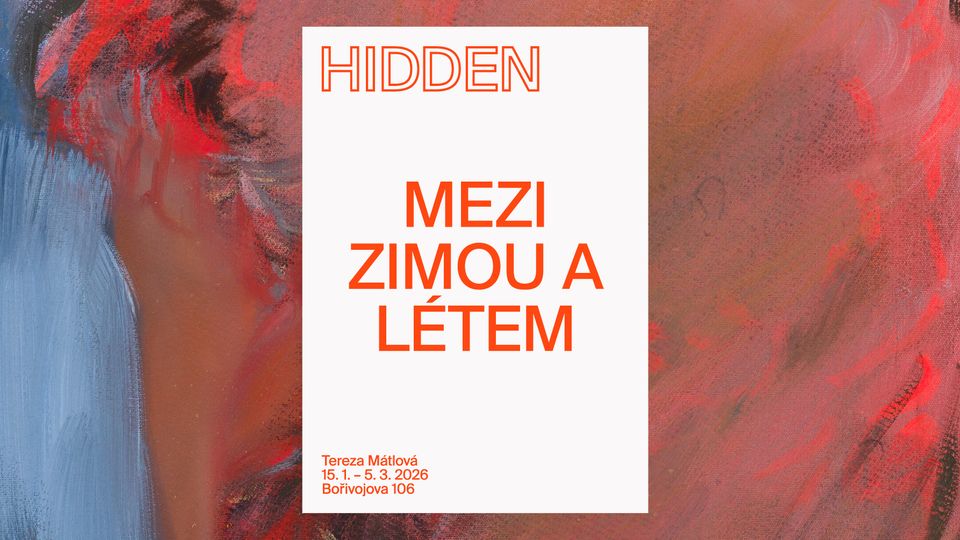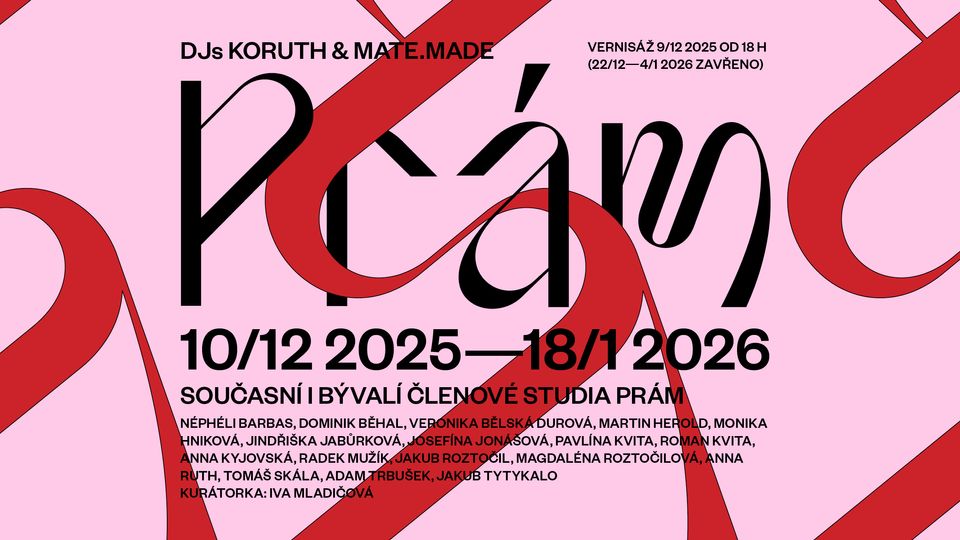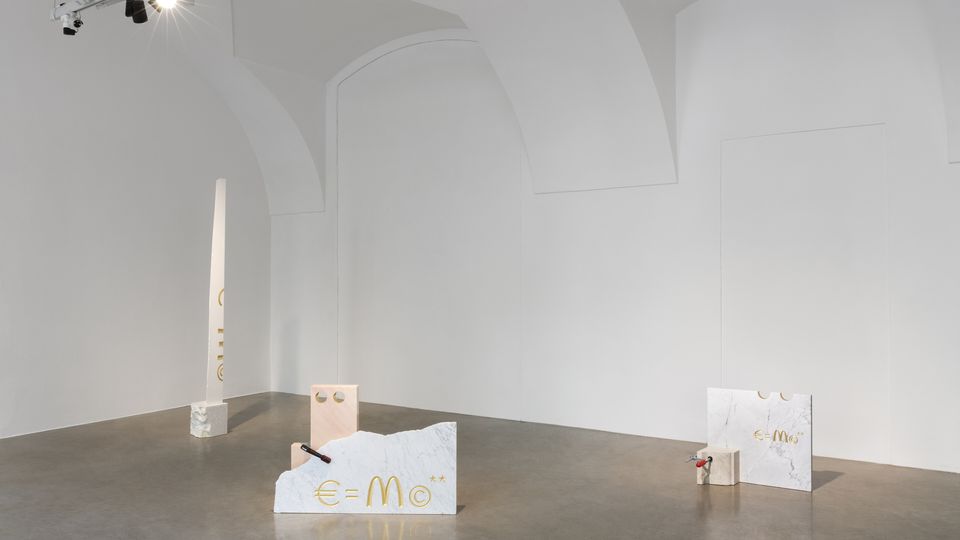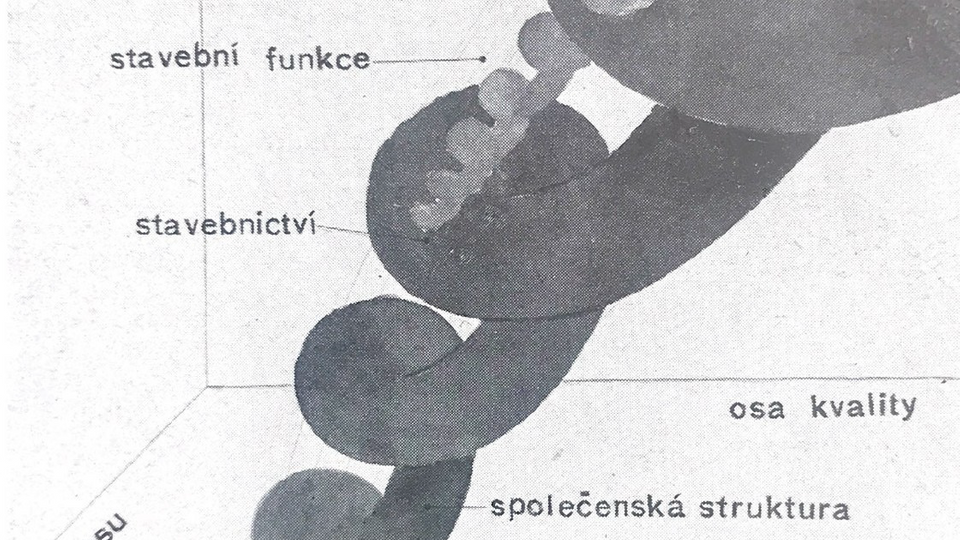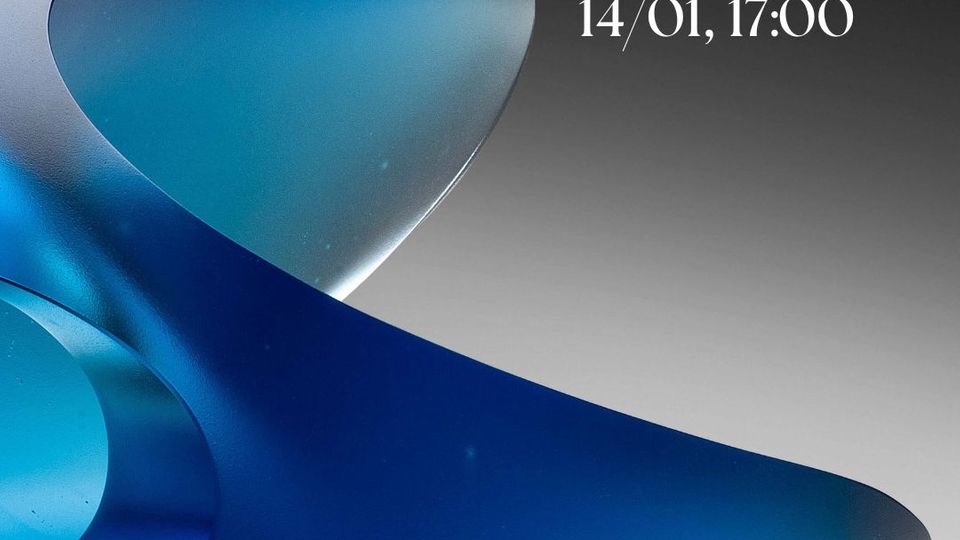Than Hussein Clark: DEBTS (Erotic Review Sinai)
Holečkova 789/49, Smíchov, 150 00 Praha 5
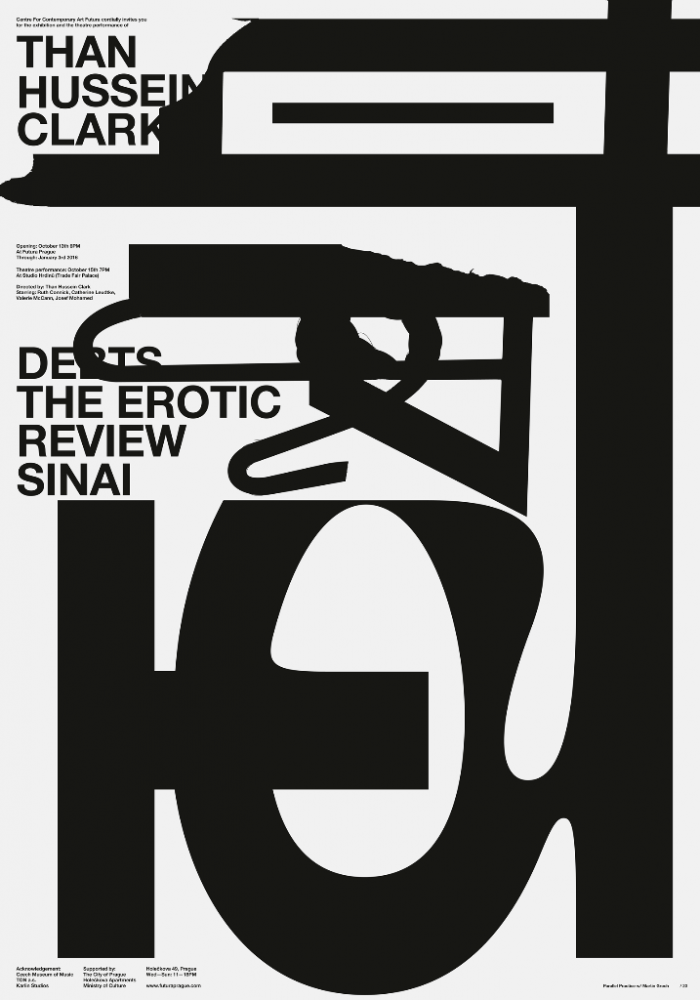
In 1966 British filmmaker James Scott produced a short film, “Love’s Presentation,” detailing the planning and production of a series of etchings by british Artist David Hockney illustrating 14 poems by the Greek Alexandria poet C.P. Cavafy. Cavafy, best known for his spare, elegant, and quotidian historicising of the Hellenistic past, as well as, his planned, gradual, and sustained self publishing of his homosexual erotic life, becomes a screen by which Hockney presents via a type of romantic realism the homosexual present; just minutes in to the film, the artist is heard in voice over while in profile to the camera: “Cavafy, in a way, wrote two kinds of poems. One sort of poem is about historical Alexandria. The Ptolemy’s and everything he knew from history. And the other type of poems are about modern Alexandria. Life which he knew in modern Alexandria and they are mostly love poems. And I suppose because I know more about love than history, I chose to do those.” For Clark, “what is missing here, is the ways in which Love in Cavafy’s Alexandria is pictured not only in relation to history but financial dissolution,” and it is here in the conflation between the erotic, the historic, and the economic which the artists exhibition at Futura takes shape. Clark transforms the galleries basement suite of rooms into an archaeological site in which the artefacts of a rarefied queer bourgeoisie are on display. Drawing on display techniques drawn from the decorative arts and crime scenes, the artist’s new sculptural works, via a series of misappropriations of bankrupted central european craft histories and aesthetic strategies of the historical avant garde – lace, puppets, photograms, bent wood furniture, ceramics, and book design – decorate a series of rooms in which the inhabitant has had to flee, leaving his treasures, and his bibelots, behind. The reason for this unplanned departure is left open as Clark’s research into the motifs and decorative schemes of the Egyptian revival which form the through line of these new works, ask what might happen to the weight of historical, erotic, and financial debts, with the prompt, “what if it was all owed to Egypt, rather than to Greece.”


